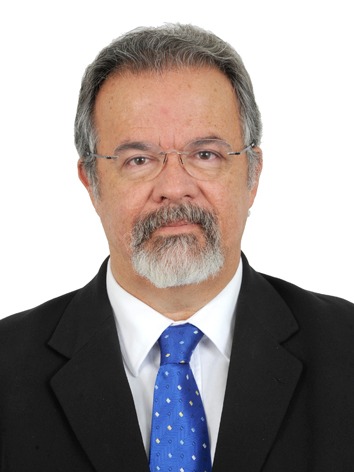IBRAM announces new CEO
11/02/22
As of March 1, Raul Belens Jungmann Pinto will assume the position of CEO of the Brazilian Institute of Mining (IBRAM). He will replace Flávio Ottoni Penido. The new chairman of the board was selected by members of IBRAM’s Board of Directors and with the participation of its Governance Committee, made up of executives from associated mining companies.
The Board of Directors will also be under new leadership as of March 1st. Wilson Brumer will step down and vice-president, Eduardo Augusto Ayroza Galvão Ribeiro, CEO of Companhia Brasileira de Metalurgia e Mineração (CBMM) will occupy the position on an interim basis. Soon, the Board of Directors will decide the name of who will occupy its Presidency definitively.
Raul Jungmann has an extensive professional career in the private and public sectors. He is co-founder and Executive President of the non-governmental initiative IREE Defense & Security. Assumed ownership of State Secretariats and Ministries (Land Policy, Agrarian Development, Defense and Public Security). He chaired boards of directors – among others – in large companies, such as Banco do Brasil and Porto de Suape, having also chaired IBAMA and INCRA. He also served three political terms as a federal deputy between 2003 and 2016.

Raul Jungmann – credit: disclosure
The new president arrives at IBRAM facing the challenge of establishing new horizons for the expansion of mining in the country, including new minerals to be demanded by the market. This is a strategic sector for Brazil. Mineral production, its results and relevant socioeconomic benefits generated to Brazilian society make mining a public utility sector, crucial to sustain national growth plans and actions, as well as to improve the quality of life of the population and within recommended standards within ESG concepts.
Wilson Brumer and Flávio Penido have the appreciation and recognition of IBRAM and all its associates and other members for their dedication to the cause of mining and for the highly positive performance at the helm of the Institute, in one of the most sensitive periods for the Brazilian mining industry .
With diligence and professionalism, they contributed knowledge and experience to lead the initial phase of the transformation process of the mineral sector to an even more sustainable, safe and responsible level with people and the environment.
Both leave a legacy that is marked in the modern history of Mining in Brazil.
 Back
Back 





 24/01/25
24/01/25 





